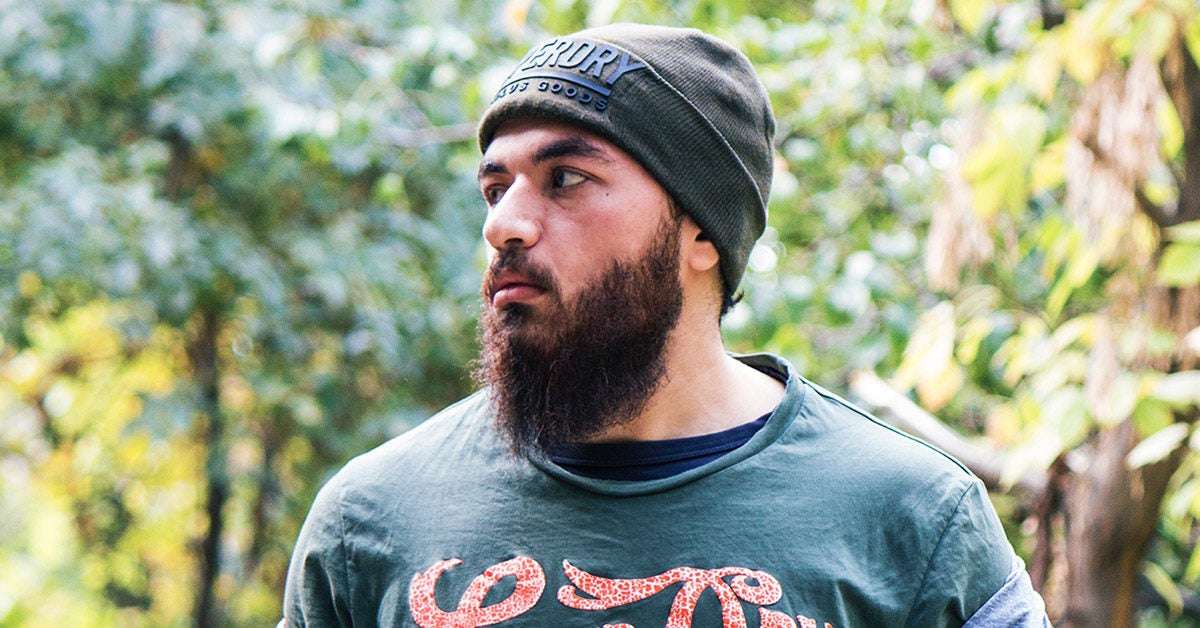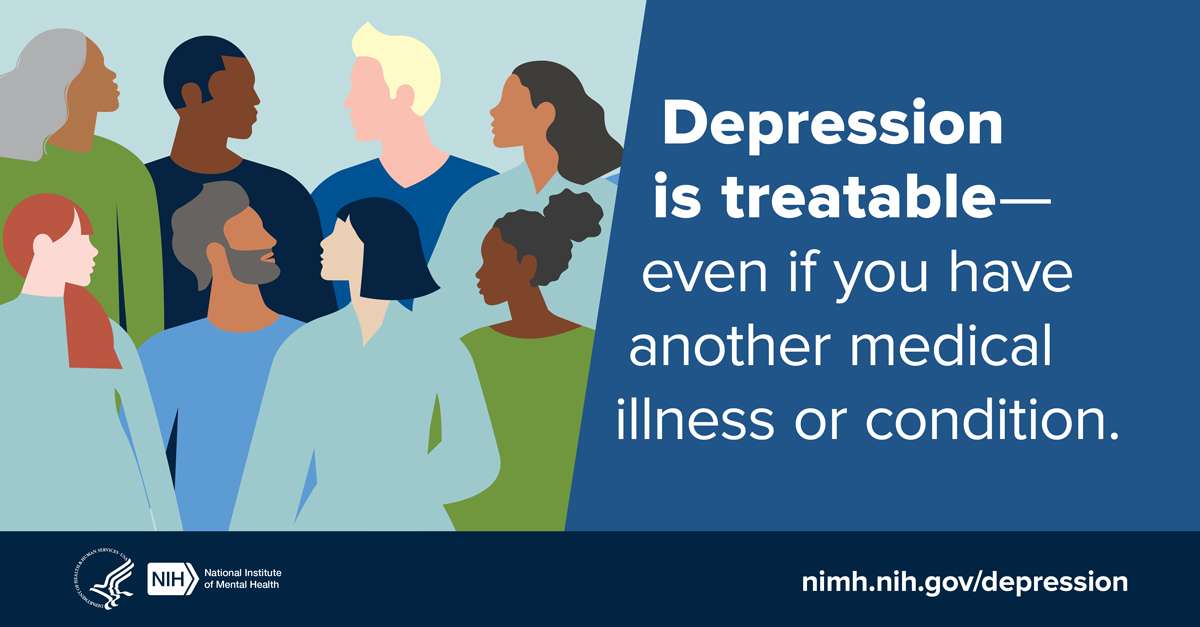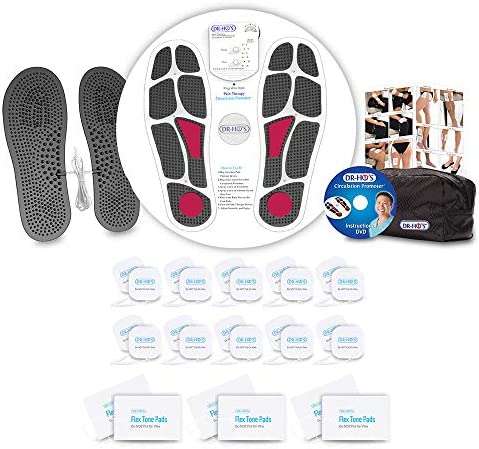Support is also available if you’re finding it hard to cope with anxiety, fear or panic.
Most people feel anxious or scared sometimes, but if it’s affecting your life there are things you can try that may help.
Symptoms of anxiety
Anxiety can cause many different symptoms. It might affect how you feel physically, mentally and how you behave.
It’s not always easy to recognise when anxiety is the reason you’re feeling or acting differently.
Physical symptoms
- faster, irregular or more noticeable heartbeat
- feeling lightheaded and dizzy
- headaches
- chest pains
- loss of appetite
- sweating
- breathlessness
- feeling hot
- shaking
Mental symptoms
- feeling tense or nervous
- being unable to relax
- worrying about the past or future
- feeling tearful
- not being able to sleep
- difficulty concentrating
- fear of the worst happening
- intrusive traumatic memories
- obsessive thoughts
Changes in behaviour
- not being able to enjoy your leisure time
- difficulty looking after yourself
- struggling to form or maintain relationships
- worried about trying new things
- avoiding places and situations that create anxiety
- compulsive behaviour, such as constantly checking things
Symptoms of a panic attack
If you experience sudden, intense anxiety and fear, it might be the symptoms of a panic attack. Other symptoms may include:
- a racing heartbeat
- feeling faint, dizzy or lightheaded
- feeling that you’re losing control
- sweating, trembling or shaking
- shortness of breath or breathing very quickly
- a tingling in your fingers or lips
- feeling sick (nausea)
A panic attack usually lasts 5 to 30 minutes. They can be very frightening, but they’re not dangerous and should not harm you.
Information:
If you’re not sure how you feel, try our mood self-assessment.
How to Help Someone with Anxiety
Reviewed By:
All of us worry and get scared from time to time. But those with anxiety may feel consumed by fears of things that might seem irrational to others. It can be hard to relate to these concerns, and as a result, many people don’t know how to best help someone with anxiety.
“People are often dismissive of people experiencing anxiety,” says Joseph McGuire, Ph.D., a pediatric psychologist with Johns Hopkins Medicine. “With other medical illnesses, you may be able to see physical symptoms. But with anxiety, you don’t necessarily see what the person is dealing with. So it’s important to be sensitive to what the person with anxiety is going through, even if it doesn’t make sense to you.”
It’s distressing to watch a loved one experience panic attacks and face anxiety every day, but there are things you can do to help. It starts with recognizing the signs of excessive worry and understanding the best ways to support your loved one.
Learn to Recognize the Signs of Anxiety
Anxiety disorder is the most common mental health condition in the United States, affecting up to 18% of the population. Knowing the signs of anxiety can help you realize when someone you love is having fearful thoughts or feelings. Symptoms vary from person to person but can be broken into three categories:
Physical Symptoms
Some of the physical symptoms your loved one may report feeling include:
- Lightheadedness
- Sweating
- Nausea
- Feeling edgy and/or restless
- Shortness of breath
- Diarrhea
- Getting easily fatigued
Anxious Thoughts
People with anxiety often have thought patterns such as:
- Believing the worst will happen
- Persistent worry
- All-or-nothing thinking
- Overgeneralizing (making overall assumptions based on a single event)
People with anxiety often have thought patterns such as:
Anxious Behaviors
Perhaps what you’ll notice most is your loved one’s behaviors. Common anxiety behaviors include:
- Avoidance of feared situations or events
- Seeking reassurance
- Second-guessing
- Irritability and frustration in feared situations
- Compulsive actions (like washing hands over and over)
Know What NOT to Do
Typical responses to someone with anxiety are often unhelpful. Here are actions you should avoid:
Don’t Enable
It’s common to want to help your loved one avoid painful situations by going out of your way to eliminate the cause for concern. “On the surface, this seems really thoughtful and sweet,” says McGuire. “But anxiety doesn’t usually go away. Over time, if people continually avoid facing difficult situations, the anxiety grows and special requests for accommodations get bigger.”
If you continue to modify your behavior or the environment to accommodate your loved one’s anxiety, this can unintentionally enable the anxiety to persist and grow. Avoiding difficult situations doesn’t give your loved one the opportunity to overcome fears and learn how to master anxiety. Instead, it makes their world smaller as what they are able to do becomes more and more limited by their growing anxiety.
Don’t Force Confrontation
On the other hand, it’s also not good to force a person to do something they’re scared of. “Trying to push somebody who’s not ready can damage that relationship,” warns McGuire. Learning how to overcome deep apprehension is work best done in partnership with a professional therapist. This takes the burden off you. It also empowers your loved one by helping them face their fears one step at a time with guidance from somebody with experience.
On the other hand, it’s also not good to force a person to do something they’re scared of. “Trying to push somebody who’s not ready can damage that relationship,” warns McGuire. Learning how to overcome deep apprehension is work best done in partnership with a professional therapist. This takes the burden off you. It also empowers your loved one by helping them face their fears one step at a time with guidance from somebody with experience.
Use Anxiety Tips That Work
Responses based on love and acceptance, and the desire to see your loved one get better, are the cornerstones of helping someone with anxiety. Consider the following approaches:
Provide Validation
Many different things can make people anxious. Saying something like, “I can’t believe you’re getting upset over such a small thing” belittles a person’s experience. Instead, ask your loved one how you can provide support during challenging moments.
“What makes one person fearful may be no big deal to someone else,” says McGuire. “Their anxiety doesn’t have to make sense to you — it’s important to understand that what the person is experiencing is real and requires sensitivity.”
Express Concern
“It’s hard to see a loved one having an anxiety attack,” says McGuire. “But in the moment, there’s not too much you can do to shorten the duration or noticeably lower the intensity of a panic attack.”
“When you start to notice your loved one withdrawing from activities that they used to enjoy, you don’t have to cover up your concern. Instead, it can be helpful to approach your loved one in a warm and positive way,” says McGuire. “You can start a dialogue by saying you’ve noticed certain behavior changes.”
For example: “Hey, I noticed that you’ve been avoiding going to [insert location] and other social gatherings. Can you share with me what caused the change?” Then, depending on how the conversation goes, you might ask if they think they need some help or support in coping with their anxiety.
Know When to Seek Help
If your loved one’s anxiety starts to impede their ability to enjoy life, interact at school, work or hang out with friends, or if it causes problems at home, then it’s time to seek professional help.
Encourage a loved one to make an appointment with a mental health provider. “If they’re resistant, you can remind them that it’s just one appointment,” says McGuire. “It doesn’t mean they have to commit to treatment or to working with that specific therapist. It’s really just an initial check-in, like an annual physical exam but for your mental and emotional health.”

Johns Hopkins Anxiety Disorders Program
Learn more about treatment options offered in our Anxiety Disorders Program.
Learn more about The Johns Hopkins Anxiety Disorders Program.
Treatment Options for Patients with Anxiety
There are two primary treatments for individuals with anxiety:
- Cognitive behavioral therapy (CBT), which involves learning how to lower anxiety and face distressing situations.
- Medication management with antidepressants, which works well on its own but even better when coupled with CBT.
During therapy, continue to show your support by:
-
Asking your loved one what you can do to help them.
-
Asking if you can attend a therapy session to learn some skills to better support them.
-
Making time for your own life and interests to sustain your energy.
-
Encouraging your loved one to try another therapist if the first one isn’t a good fit.
“If you’re concerned about a loved one’s anxiety, early treatment is ideal,” says McGuire. “The longer you let anxiety or any sort of mental or physical health condition go without intervention, the harder it can be to recover.”
Diagnosis
You may start by seeing your primary care provider to find out if your anxiety could be related to your physical health. He or she can check for signs of an underlying medical condition that may need treatment.
However, you may need to see a mental health specialist if you have severe anxiety. A psychiatrist is a medical doctor who specializes in diagnosing and treating mental health conditions. A psychologist and certain other mental health professionals can diagnose anxiety and provide counseling (psychotherapy).
To help diagnose an anxiety disorder, your mental health provider may:
- Give you a psychological evaluation. This involves discussing your thoughts, feelings and behavior to help pinpoint a diagnosis and check for related complications. Anxiety disorders often occur along with other mental health problems — such as depression or substance misuse — which can make diagnosis more challenging.
- Compare your symptoms to the criteria in the DSM-5. Many doctors use the criteria in the Diagnostic and Statistical Manual of Mental Disorders (DSM-5), published by the American Psychiatric Association, to diagnose an anxiety disorder.
Care at Mayo Clinic
Our caring team of Mayo Clinic experts can help you with your anxiety disorders-related health concerns Start Here
Treatment
The two main treatments for anxiety disorders are psychotherapy and medications. You may benefit most from a combination of the two. It may take some trial and error to discover which treatments work best for you.
Psychotherapy
Also known as talk therapy or psychological counseling, psychotherapy involves working with a therapist to reduce your anxiety symptoms. It can be an effective treatment for anxiety.
Cognitive behavioral therapy (CBT) is the most effective form of psychotherapy for anxiety disorders. Generally a short-term treatment, CBT focuses on teaching you specific skills to improve your symptoms and gradually return to the activities you’ve avoided because of anxiety.
CBT includes exposure therapy, in which you gradually encounter the object or situation that triggers your anxiety so you build confidence that you can manage the situation and anxiety symptoms.
Medications
Several types of medications are used to help relieve symptoms, depending on the type of anxiety disorder you have and whether you also have other mental or physical health issues. For example:
- Certain antidepressants are also used to treat anxiety disorders.
- An anti-anxiety medication called buspirone may be prescribed.
- In limited circumstances, your doctor may prescribe other types of medications, such as sedatives, also called benzodiazepines, or beta blockers. These medications are for short-term relief of anxiety symptoms and are not intended to be used long term.
Talk with your doctor about benefits, risks and possible side effects of medications.
There is a problem with information submitted for this request. Review/update the information highlighted below and resubmit the form.
From Mayo Clinic to your inbox
Sign up for free, and stay up to date on research advancements, health tips and current health topics, like COVID-19, plus expertise on managing health.
ErrorEmail field is required
ErrorInclude a valid email address
To provide you with the most relevant and helpful information, and understand which information is beneficial, we may combine your email and website usage information with other information we have about you. If you are a Mayo Clinic patient, this could include protected health information. If we combine this information with your protected health information, we will treat all of that information as protected health information and will only use or disclose that information as set forth in our notice of privacy practices. You may opt-out of email communications at any time by clicking on the unsubscribe link in the e-mail.
Thank you for subscribing!
You’ll soon start receiving the latest Mayo Clinic health information you requested in your inbox.
Sorry something went wrong with your subscription
Please, try again in a couple of minutes
Clinical trials
Explore Mayo Clinic studies testing new treatments, interventions and tests as a means to prevent, detect, treat or manage this condition.
Lifestyle and home remedies
While most people with anxiety disorders need psychotherapy or medications to get anxiety under control, lifestyle changes also can make a difference. Here’s what you can do:
- Keep physically active. Develop a routine so that you’re physically active most days of the week. Exercise is a powerful stress reducer. It may improve your mood and help you stay healthy. Start out slowly and gradually increase the amount and intensity of your activities.
- Avoid alcohol and recreational drugs. These substances can cause or worsen anxiety. If you can’t quit on your own, see your doctor or find a support group to help you.
- Quit smoking and cut back or quit drinking caffeinated beverages. Both nicotine and caffeine can worsen anxiety.
- Use stress management and relaxation techniques. Visualization techniques, meditation and yoga are examples of relaxation techniques that can ease anxiety.
- Make sleep a priority. Do what you can to make sure you’re getting enough sleep to feel rested. If you aren’t sleeping well, see your doctor.
- Eat healthy. Healthy eating — such as focusing on vegetables, fruits, whole grains and fish — may be linked to reduced anxiety, but more research is needed.
Alternative medicine
Several herbal remedies have been studied as a treatment for anxiety, but more research is needed to understand the risks and benefits. Herbal and dietary supplements aren’t monitored by the Food and Drug Administration (FDA) the same way medications are. You can’t always be certain of what you’re getting and whether it’s safe. Some of these supplements can interfere with prescription medications or cause dangerous interactions.
Before taking herbal remedies or dietary supplements, talk to your doctor to make sure they’re safe for you and won’t interact with any medications you take.
Coping and support
To cope with an anxiety disorder, here’s what you can do:
- Learn about your disorder. Talk to your doctor or mental health provider. Find out what might be causing your specific condition and what treatments might be best for you. Involve your family and friends and ask for their support.
- Stick to your treatment plan. Take medications as directed. Keep therapy appointments and complete any assignments your therapist may give you. Consistency can make a big difference, especially when it comes to taking your medication.
- Take action. Learn what triggers your anxiety or causes you stress. Practice the strategies you developed with your mental health provider so you’re ready to deal with anxious feelings in these situations.
- Keep a journal. Keeping track of your personal life can help you and your mental health provider identify what’s causing you stress and what seems to help you feel better.
- Join an anxiety support group. Remember that you aren’t alone. Support groups offer compassion, understanding and shared experiences. The National Alliance on Mental Illness and the Anxiety and Depression Association of America provide information on finding support.
- Learn time management techniques. You can reduce anxiety by learning how to carefully manage your time and energy.
- Socialize. Don’t let worries isolate you from loved ones or activities.
- Break the cycle. When you feel anxious, take a brisk walk or delve into a hobby to refocus your mind away from your worries.
Preparing for your appointment
You may start by seeing your primary care provider. He or she may refer you to a mental health professional.
What you can do
Before your appointment, make a list of:
- Your anxiety symptoms. Note when they occur, whether anything seems to make them better or worse, and how much they affect your day-to-day activities and interactions.
- What causes you stress. Include any major life changes or stressful events you’ve dealt with recently. Also note any traumatic experiences you’ve had in the past or as a child.
- Any family history of mental health problems. Note if your parents, grandparents, siblings or children have struggled with any mental health problems.
- Any other health problems you have. Include both physical conditions and mental health issues.
- All medications you’re taking. Include any medications, vitamins, herbs or other supplements, and the doses.
- Questions to ask your doctor to make the most of your appointment.
Some basic questions to ask your doctor include:
- What’s the most likely cause of my anxiety?
- Are there other possible situations, psychological issues or physical health problems that could be causing or worsening my anxiety?
- Do I need any tests?
- Should I see a psychiatrist, psychologist or other mental health provider?
- What type of therapy might help me?
- Would medication help? If so, is there a generic alternative to the medicine you’re prescribing?
- In addition to treatment, are there any steps I can take at home that might help?
- Do you have any educational materials that I can have? What websites do you recommend?
Don’t hesitate to ask other questions during your appointment.
What to expect from your doctor
Your doctor will likely ask you several questions, such as:
- What are your symptoms, and how severe are they? How do they impact your ability to function?
- Have you ever had a panic attack?
- Do you avoid certain things or situations because they make you anxious?
- Have your feelings of anxiety been occasional or continuous?
- When did you first begin noticing your feelings of anxiety?
- Does anything in particular seem to trigger your anxiety or make it worse?
- What, if anything, seems to improve your feelings of anxiety?
- What traumatic experiences have you had recently or in the past?
- What, if any, physical or mental health conditions do you have?
- Do you take any prescription drugs?
- Do you regularly drink alcohol or use recreational drugs?
- Do you have any blood relatives who have anxiety or other mental health conditions, such as depression?
Preparing and anticipating questions will help you make the most of your time.



